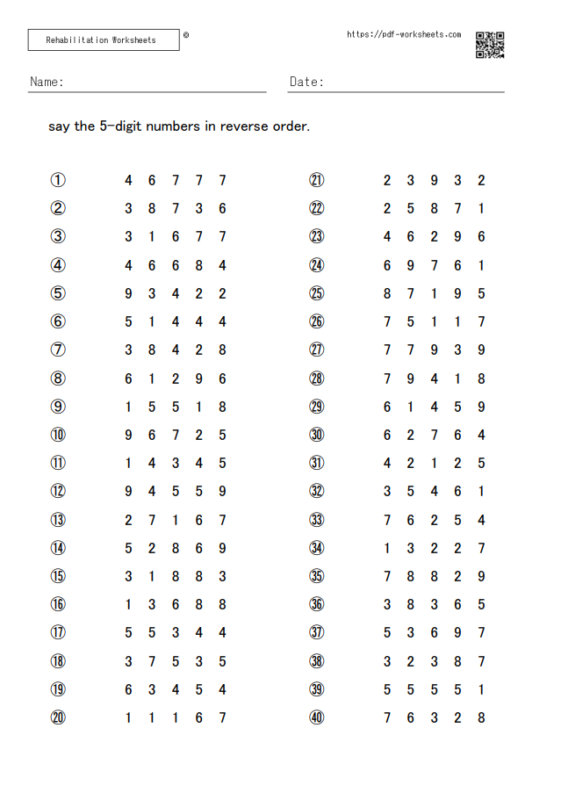
Background noise, in particular, contributes to a substantial decline in working memory performance. Working memory is limited in its capacity and given this limit, extrinsic (e.g., background noise) and intrinsic factors (e.g., hearing loss) contribute to degraded speech, which consumes cognitive resources that can otherwise be used for processing information. It positively relates to a number of high-level cognitive abilities such as language comprehension, reading ability, arithmetic skills, fluid intelligence, learning, and scholastic achievement. Working memory involves the active manipulation and maintenance of information over a short period of time. Therefore, research to reveal the individual contributions of perceptual and processing factors involved in listening amid noise for schoolgoing children is warranted. If we can identify the relative contributions of perceptual and cognitive processing factors, we may be able to help improve comprehension abilities under adverse listening conditions. This has potential negative consequences for learning in schoolgoing children who encounter degraded acoustic environments on a daily basis (e.g., classroom lectures, small group activities, and multiple-talker discussions).

Background noise challenges a listener's ability to perceive and process speech and consequently takes away cognitive resources that are available to a listener for usage on working memory storage and retrieval. In fact, Rabbitt, describes noise as an extrinsic factor that interferes with a listener's ease of perception and processing.

,, Reduced working memory performance amid noise may result from perceptual (auditory) difficulties at the encoding stage, increased (cognitive) processing load, or a combination of the two. Listeners with and without hearing loss have trouble with working memory tasks in the presence of background noise. An analysis of error patterns in children's backward digit recall in noise.
BACKWARD DIGIT SPAN TEST SCORE HOW TO
How to cite this URL: Osman H, Sullivan JR. Keywords: Auditory memory, background noise, cognitive processing, digit span, hearing, working memory How to cite this article: Osman H, Sullivan JR. The majority of errors was related to the maintenance of sequential order information, which suggests that reduced performance in competing speech may result from increased cognitive processing demands in noise. Decline in children's working memory performance was not primarily related to perceptual difficulties alone. In addition, children had more difficulty recalling the correct order of intermediate items, supporting strong primacy and recency effects. In terms of listening condition interaction, it was found that the order errors occurred more frequently than item errors in the degraded listening condition compared to quiet. Repeated measures of analysis of variance (RM-ANOVA) revealed the main effects for error type and digit span length.

All the children were aged between 7 years and 10 years. Fifty five children with normal hearing were included. The errors were classified into two categories: item (if digits that were not presented in a list were repeated) and order (if correct digits were repeated but in an incorrect order). The types and patterns of errors made on the backward digit span in quiet and multitalker babble at -5 dB signal-to-noise ratio (SNR) were analyzed. The purpose of the study was to determine whether perceptual masking or cognitive processing accounts for a decline in working memory performance in the presence of competing speech. An analysis of error patterns in children's backward digit recall in noiseĭepartment of Speech and Hearing Sciences, University of Washington, Seattle, Washington, USA


 0 kommentar(er)
0 kommentar(er)
